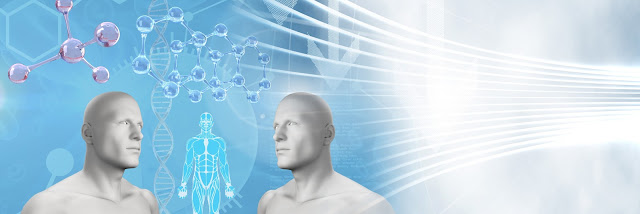Machine Learning in Healthcare
Ghassemi (2020) presents in a TED.com video how machine learning (ML) algorithms and statistics have been used in healthcare processes, but the goal of predicting disease and employing artificial intelligence (AI) in medical decision-making, has not yet been reached. Ghassemi explains the data used now to train ML algorithms comes from practice and knowledge. Practice data refers to clinical records in hospitals and clinics, treatments offered, including how patients interact with their doctor. Training data derived from knowledge is the kind that is generated in medical trials, articles, and textbooks. The main issue with this algorithm training data is that is generated by doctors who often burn out after providing patient care for long hours each day, resulting in the introduction of bias in the records they generate.
 Ghassemi states 35% of doctors report burn out since they not only provide patient care, but several other different tasks. From those reporting burn out, 56% feel they do not have time to be empathetic towards their patients, and even though ethics training is a must in the medical field, biases seep through and are reflected in the type of health care they provide, and may be associated with racial and ethical disparities, bias against women, weight bias against patients with obesity, etc.
Ghassemi states 35% of doctors report burn out since they not only provide patient care, but several other different tasks. From those reporting burn out, 56% feel they do not have time to be empathetic towards their patients, and even though ethics training is a must in the medical field, biases seep through and are reflected in the type of health care they provide, and may be associated with racial and ethical disparities, bias against women, weight bias against patients with obesity, etc.Ghassemi (2020) explains randomized controlled trials (RCTs) are by far the largest generators of medical knowledge. These are events where a group of people are given a treatment and medical teams observe and record how well they do with that treatment. Unfortunately, RTCs are expensive and too often the data generated from them is just wrong. Ghassemi states more than 10% of over 3,000 top journal studies are "medical reversals." This means the treatment or guidance previously deemed appropriate, is no longer.
The current state of affairs presents a provider searching through similar cases when a patient needs medical care, but even if records exist for similar patients, the same treatment may not work on someone else because as humans, each one of us is unique, and so is the treatment (Ghassemi, 2020). Ghassemi explains the current practice data and knowledge available to train ML algorithms is highly biased and cannot be used, but suggests the application of the same technology to improve such data by generating complex models that feed from hard coded information derived from mobile data, social networking, medical test results, genomic and environmental data, internet usage, etc., to train algorithms without the effects of human bias. Predictions of type of care are ethical and social in nature as they will depend on the patient's gender, race, etc., and in using properly trained ML algorithms, the focus will shift towards actionable insights in patient health and keeping them out of the hospital all together (Ghassemi, 2020).
Ghassemi's (2020) TED.com video in ML algorithms to enhance healthcare faces social, economical, cultural, and other concerns. The Commonwealth Fund Survey from 2002, identified healthcare inequalities between White and minority populations in the U.S. that persist to this day. Issues like patient-physician communication, language barriers, feelings of disrespect, health status and more chronic conditions, low rates of insurance coverage, and less access to healthcare, stem from the different racial and ethnic groups. This aligns with Ghassemi's (2020) statements of bias being present in ML algorithm training data as minority Americans are reported to earn lower incomes, for example, and may not afford to procure insurance coverage. Social and cultural concerns may include culturally appropriate healthcare policy to increase the quality level of care for Americans speaking a language other than English.
References
The Commonwealth Fund. (2002, March 6). Minority Americans lag behind Whites on nearly every measure of health care quality. https://www.commonwealthfund.org/press-release/2002/minority-americans-lag-behind-whites-nearly-every-measure-health-care-quality
Ghassemi, M. (2020). How machine learning enhances healthcare [Video]. TED.com. https://www.ted.com/talks/marzyeh_ghassemi_how_machine_learning_enhances_healthcare





Comments
Post a Comment